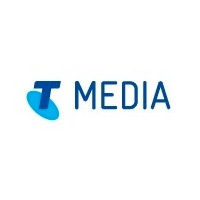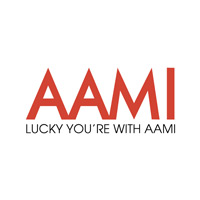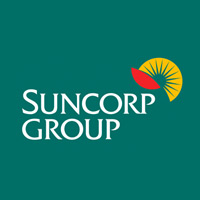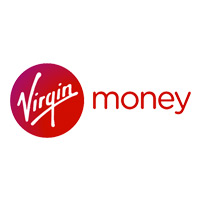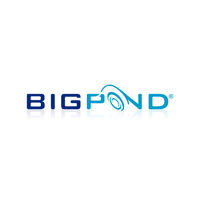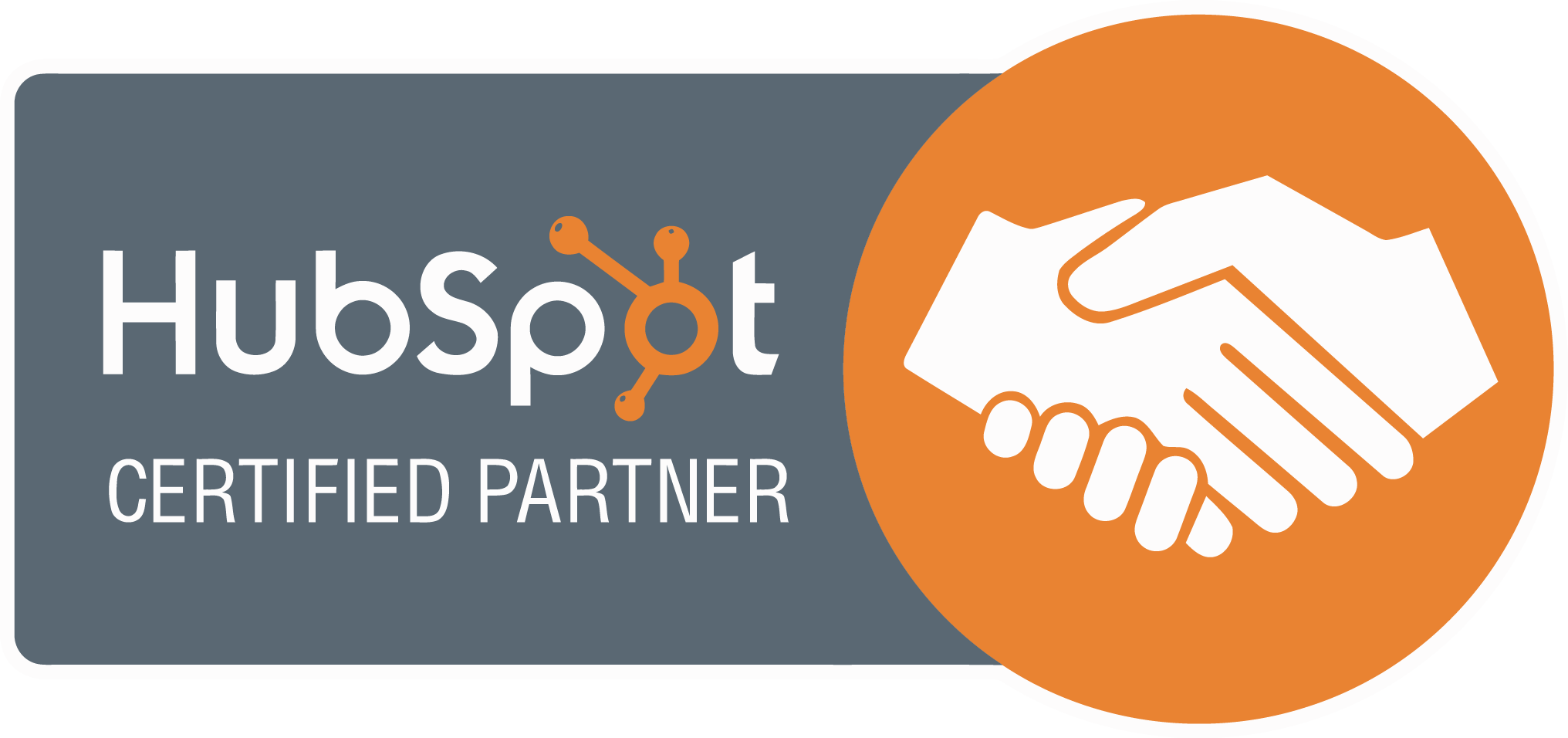Introduction
New to event marketing? Or perhaps you are searching for fresh ways to promote your next event? Whether you are trying to push a webinar, a fair trade market, or a rock and roll concert, we have got some helpful tips and tricks on hand to help you make the process smooth.
Paid search and social media ads are great ways to get any message across for a brand but can be particularly useful for promoting events.
So, here are our top tips for using paid search and social ads for promoting events (and for getting a great response!)
Target the Right Audience
If you’re a venue or event organiser, targeting the right audience is crucial to your success. But, how do you know who to target?
The first step in identifying an ideal customer is understanding your target audience. For example, if you’re promoting a concert and want people who listen to rock music and live near the venue (and have disposable income), then “rock fans” would be an appropriate keyword or demographic group for this campaign.
If instead, you wanted all ages from around town but with disposable income and an interest in seeing our headliner perform live at this particular show, then “concertgoers” would be more appropriate. Make sure to spend some time figuring out which target audience you are targeting, and once you’ve ticked this task off, the rest becomes more manageable.
Use Multiple Ad Formats
There are many different types of ads you can use for promoting events. Make sure to play around to figure out what type of ads your audience responds best to. Here are just a few examples of the types of ads you can have on search and social media.
- Video Ads: We all know the power of video, especially us TikTok lovers! So, make sure to make use of this medium’s popularity by exploring video or animation. These types of ads are great for grabbing attention and building brand awareness.
- Carousel Ads: These are slideshows that show multiple images at once in one ad unit, which means they have more room than standard text-based ads do. They work well if you have several photos or graphics that all relate to each other (for example, if you’re selling tickets to an event).
- Native Ads – These look just like any other content on a website (and usually appear as part of an article). They link back to your site where people can buy tickets from them directly without ever leaving their current page! This type works especially well when promoting local businesses because it helps people find what they need without having any outside distractions get in their way.
Target Bloggers and Influencers
You can also use social media to reach out to bloggers and influencers who are relevant to your event. These people often have large followings, so if they share the event on their social channels, it could drive a lot of traffic back to your website.
When reaching out, offer them free tickets or a discount in exchange for their promotion of the event. Also, ask them if they would be willing to create some content about your event that you can share across all channels. There will often be a fee involved for these types of ads, but they can be very worthwhile if the influencer is super relevant to your event.
- Get the Timing Right
When it comes to promoting an event, you need to get the timing right. Most people like to plan events ahead. So, if they see your ad the night before the concert is on, for example, this is most likely too late. In order to convert, give your audience plenty of notice about the date, time and venue.
Another reason to get the timing of your ads right is to allow for optimisation. If you start an ad campaign too close to the event, this leaves you no time to adjust the ads based on analytics and data.
For example, if you are using Google Ads for PPC display ads, you can use the Insights tab to evaluate how the campaign is going. Ensure to give yourself enough time to make adjustments if needed. After all, the goal of your ads is to get the best conversion rate, so don’t sell yourself short!
Conclusion
We hope that this article has provided you with some useful tips on how to use paid search and social ads for promoting events. It’s important to remember that there are many different ways in which you can use these platforms, so we recommend testing out different strategies until you find one that works best for your brand!
If you would like a team of paid acquisition experts to help you run social media or paid search, Contact us today and let’s make your next event a success!

